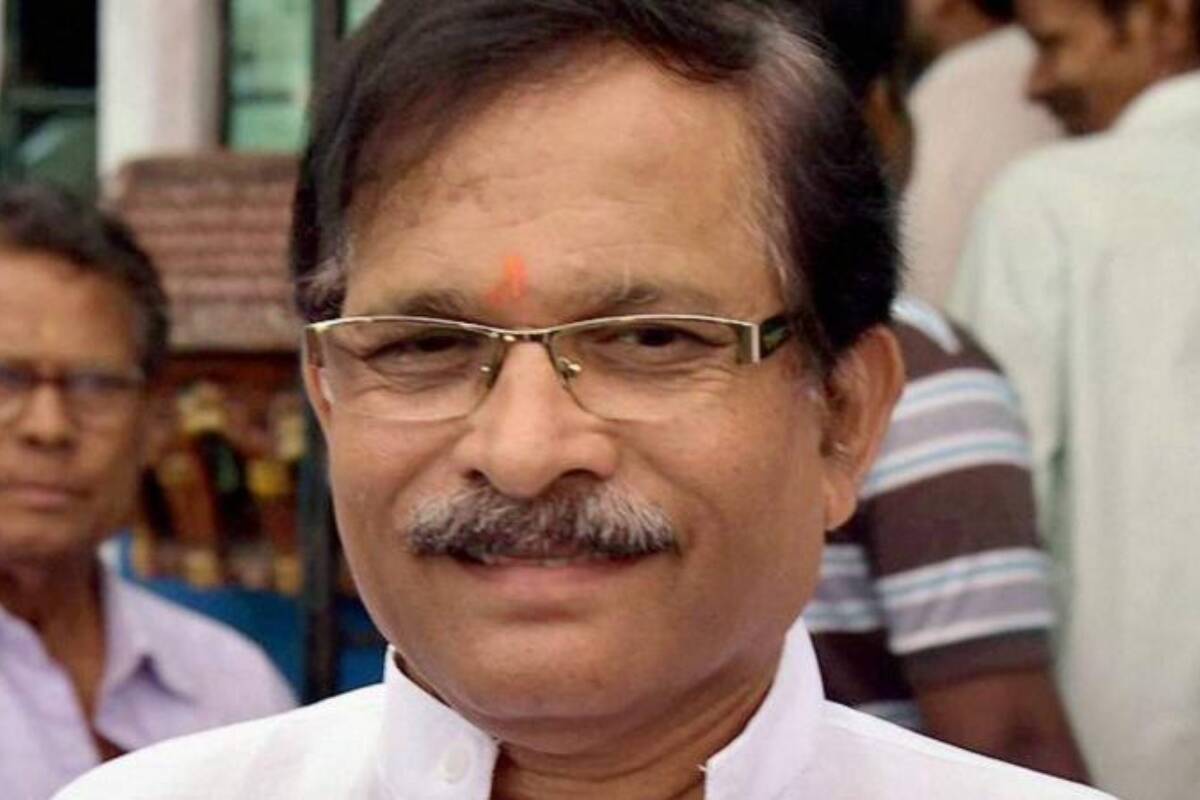India News
Union minister Shripad Naik undergoes multiple surgeries after accident, condition stable
union minister Shripad Naik, who was seriously injured when his car with met an accident on Monday night, was operated on at Goa Medical College and Hospital (GMCH) during the night.

India News
Over 5,000 tribals join BJP in Assam’s Goalpara ahead of elections
More than 5,000 tribals, largely from the Garo community, joined the BJP in Assam’s Goalpara district during a large-scale ST Morcha programme ahead of elections.
India News
PM Modi crosses 100 million followers on Instagram, first world leader to achieve milestone
Prime Minister Narendra Modi has crossed 100 million followers on Instagram, becoming the first world leader to achieve the milestone and widening the gap with global counterparts.
India News
MK Stalin predicts frequent PM Modi visits to Tamil Nadu before assembly election
MK Stalin has said Prime Minister Narendra Modi will visit Tamil Nadu more often ahead of the Assembly election, calling the tours politically motivated and questioning the Centre’s support to the state.
-

 India News20 hours ago
India News20 hours agoMK Stalin predicts frequent PM Modi visits to Tamil Nadu before assembly election
-

 Latest world news20 hours ago
Latest world news20 hours agoIndia eyes Rs 8,000 crore mid-air refuelling aircraft deal as PM Modi begins Israel visit
-

 Latest world news6 hours ago
Latest world news6 hours agoPM Modi reaffirms support for Israel, recalls 26/11 victims in Knesset address
-

 Latest world news6 hours ago
Latest world news6 hours agoCanada softens stance on alleged Indian interference ahead of PM Carney’s India visit
-

 India News5 hours ago
India News5 hours agoPM Modi crosses 100 million followers on Instagram, first world leader to achieve milestone
-

 Latest world news5 hours ago
Latest world news5 hours agoPM Modi and Netanyahu pledge deeper defence, trade ties during Israel visit
-

 India News5 hours ago
India News5 hours agoOver 5,000 tribals join BJP in Assam’s Goalpara ahead of elections









